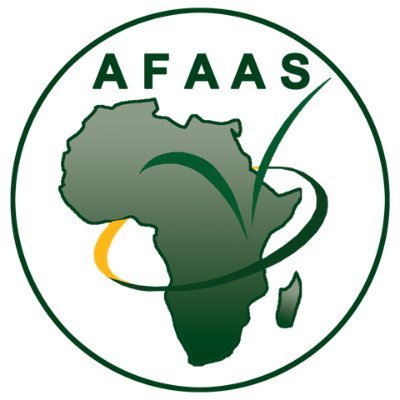The recruitment process for the Executive Director of the African Forum for Agricultural Advisory Services (AFAAS) has sparked concerns, with some candidates alleging irregularities and a lack of transparency.
Initially formed as the Sub-Saharan African Network on Agricultural Advisory Services (SSANAAS), the advisory services operates under the African Union Commission’s mandate to lead Agricultural Extension and Advisory Services (AEAS) across the continent. It is critical to promote smallholder productivity by adopting innovative agricultural technologies.
Concerns over the recruitment process
Candidates who applied for the position claim that the recruitment process has been marred by anomalies, raising doubts about its credibility.
According to the applicants—who preferred to remain anonymous—AFAAS first advertised the position on November 1, 2024, with an application deadline of November 30, 2024. However, without prior notice to applicants, a second advert appeared, extending the deadline to December 31, 2024.
ALSO READ AGRA renews commitment to climate-resilient agriculture
- No acknowledgement of applications: Candidates allege that despite submitting their applications, they never received an acknowledgement of receipt or any form of communication from AFAAS regarding the status of their applications.
- Lack of transparency on shortlisting: Three months after the initial deadline, candidates have not been informed whether a shortlist has been created or when interviews will take place.
- Changes in job criteria: One major concern raised is the modification of the job requirements between the first and second advertisement. Initially, proven leadership experience was listed as a key requirement, but in the extended advert, it was downgraded to an “added advantage.”
Candidates speak out
ALSO READ Nigeria, leading pork producer in Africa – Association
Professor Awadume, a candidate, criticized AFAAS for disregarding the integrity of African professionals, calling it “a disgrace to the intellectual community of Africa.”
“Applying for a high-profile job requires effort and commitment. When a continental body fails to provide even the basic courtesy of communication, it raises serious concerns about its credibility,” he said.
Dr. Muhammud Rose echoed similar sentiments, stating that she became suspicious when AFAAS neither acknowledged her application nor provided any justification for the deadline extension.
“In the original advert, leadership experience was a core requirement, but suddenly, it was amended to an ‘added advantage.’ This suggests an intentional attempt to manipulate the recruitment process,” she remarked.
AFAAS’ recent organizational changes
ALSO READ AU, AFRIMA strengthen partnership to elevate African music
According to information from the AFAAS website and LinkedIn pages, the organization has undergone multiple leadership transitions in the past year.
- AFAAS’ founding Executive Director, Dr. Silim Nnadhy, has led the organization for nearly 15 years.
- The Director of Partnerships and Programs resigned last year, followed by multiple new appointments.
These changes have fueled speculation about internal instability and a lack of structured governance within AFAAS.
Efforts to obtain a response from the AFAAS secretariat using the contact information available on its website (+256313400) were unsuccessful. The AFAAS Board is chaired by Dr. Paul Fatch, but no official statement has been issued regarding the recruitment concerns.
Call for accountability
The controversy surrounding AFAAS’ recruitment process highlights broader concerns about nepotism and non-transparent hiring practices within African continental institutions.
“This is part of a wider trend where top African talents are sidelined due to opaque recruitment processes. If Africa is serious about meritocracy, then such practices must be stopped,” one candidate lamented.
Candidates are now calling on AFAAS, the African Union, and relevant stakeholders to ensure that the selection of the next Executive Director follows due process, transparency, and merit-based principles to uphold the organization’s credibility and commitment to agricultural transformation in Africa.


